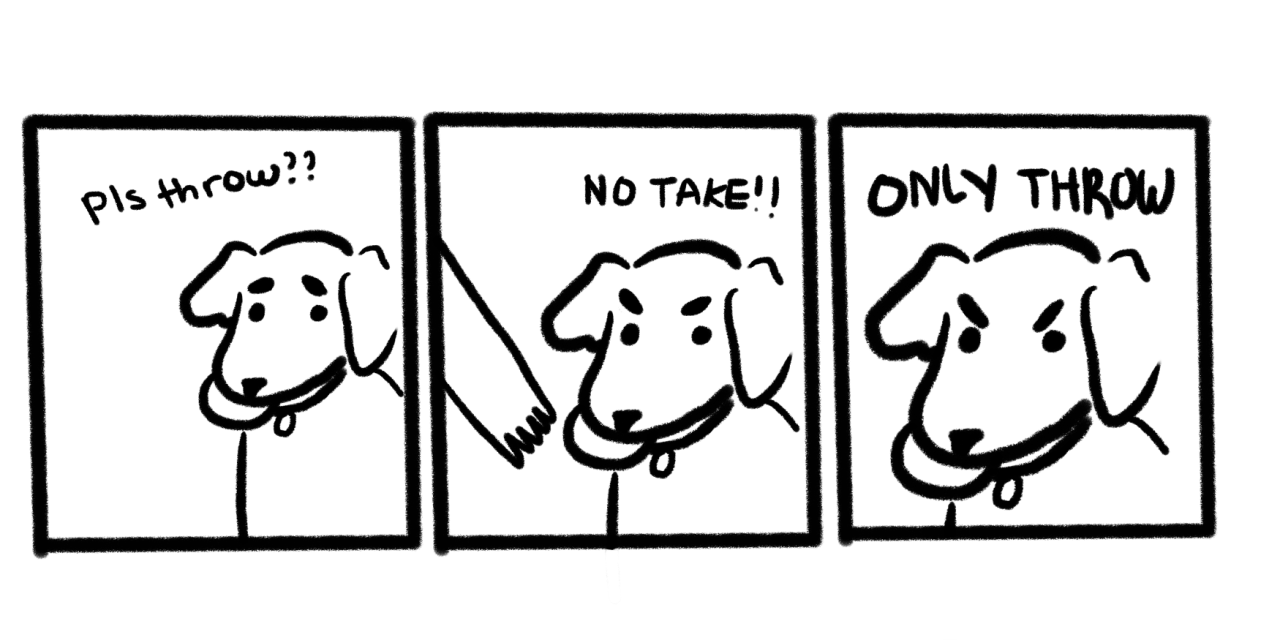Today I’d like to tell you about a book that’s one of my favorite resources for persuasion secrets.
It has nothing to do with copywriting, but it came as a recommendation from an A-list copywriter. “If you understand that on a deep level,” this A-lister said about this book, “you will be able to influence people in ways you’d never dreamed possible.”
Now let me admit that when I got going with copywriting, I really didn’t get what the fuss was about these A-list copywriters.
I looked at their copy. Simple words, simple sentences, simple arguments.
“Pff,” I said. “I can do the same.”
In time, feedback from the market beat some humility into me. So when I heard that recommendation from the A-lister, I decided to follow it.
I started reading the recommended book, expecting only information. And I got that. The book talks about the hidden psychology behind the irrational, self-defeating things many of us do, often without being aware of them.
The first few chapters were interesting. Insightful. Maybe useful for work. A few times, I even felt like they were personally relevant.
But then, I started a new chapter.
Right on the first page, my skin started to crawl.
I turned the page. I cringed.
I read a bit more. My forehead began burning.
I won’t tell you exactly what was on those pages. But I will tell you in general:
Those pages were describing symptoms. Beliefs, feelings, behaviors. At work. With family. With friends. With lovers. With strangers. In private. Things you avoid. Things you do to cope.
Cope with what?
Well, that’s what the chapter was about. And I won’t tell you exactly what that was, because it was exactly describing me, and I’m secretive like that.
But I will tell you that the spot-on description of symptoms sold me on the diagnosis in the book. And the diagnosis sold me on the cure, which came a few pages later. Because as Robert Collier once wrote:
“What is it that sells patent medicines by the millions every year? What is it that makes men swallow gallons of nasty, unpalatable nostrums, pounds of seaweed, and yeast cakes put up in all manner of forms? Proof! A man describes your symptoms with such exactitude that you think he must have taken a look down your epiglottis, then assures you that one dose or a dozen pills or cakes or yeast relieved him of every trace of your ailment.”
So if you are a marketer or a copywriter, that’s my tip for you for today. Describe your market’s secret symptoms to a T… and you can sell them as many gallons of seaweed and pounds of yeast cake you like.
Of course, a part of how you do this is the usual research. Talking to your customers and leads… digging around in forums… studying successful copy from your competitors.
All that’s important. But you can go deeper. At least, A-list copywriters, like the guy I mentioned above, go deeper.
And that’s the value of this book. It spells out the symptoms for the main categories of everyday crazy. And whether you can believe me or not — almost all of us are crazy, at least here and there, about some aspect of our selves and our lives. And if somebody can convince us he knows exactly what’s ailing us… well, we become very open to influence.
So here’s my offer to you:
Sign up for my email newsletter here. That’s where I share copywriting and marketing tips in an email every day.
And once you sign up for my newsletter, send me an email at john@bejakovic.com.
I’ll tell you the name of this book, so you can get it and devour it and influence people in ways you’d never dreamed possible.
But in exchange, I’d like something from you. I’d like to know about you.
Nothing too deep.
Just send me an email, and let me know who you are… and what you’re working on right now.
And if you’re wondering why I want this sensitive information, it’s simply to inform my newsletter. I want to make it as insightful, attractive, and provocative as I can.
But for that, I need some feedback from you.
So in case I don’t know you yet… or even if I do…
And in case you want to know the name of this valuable resource… or even if you think you know it already…
Sign up for my newsletter, and then write me an email and let me know a bit about yourself. And as soon as I get your email, I’ll reply, with the name of this secret psychology book.

